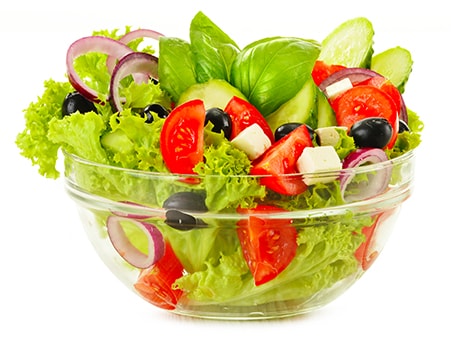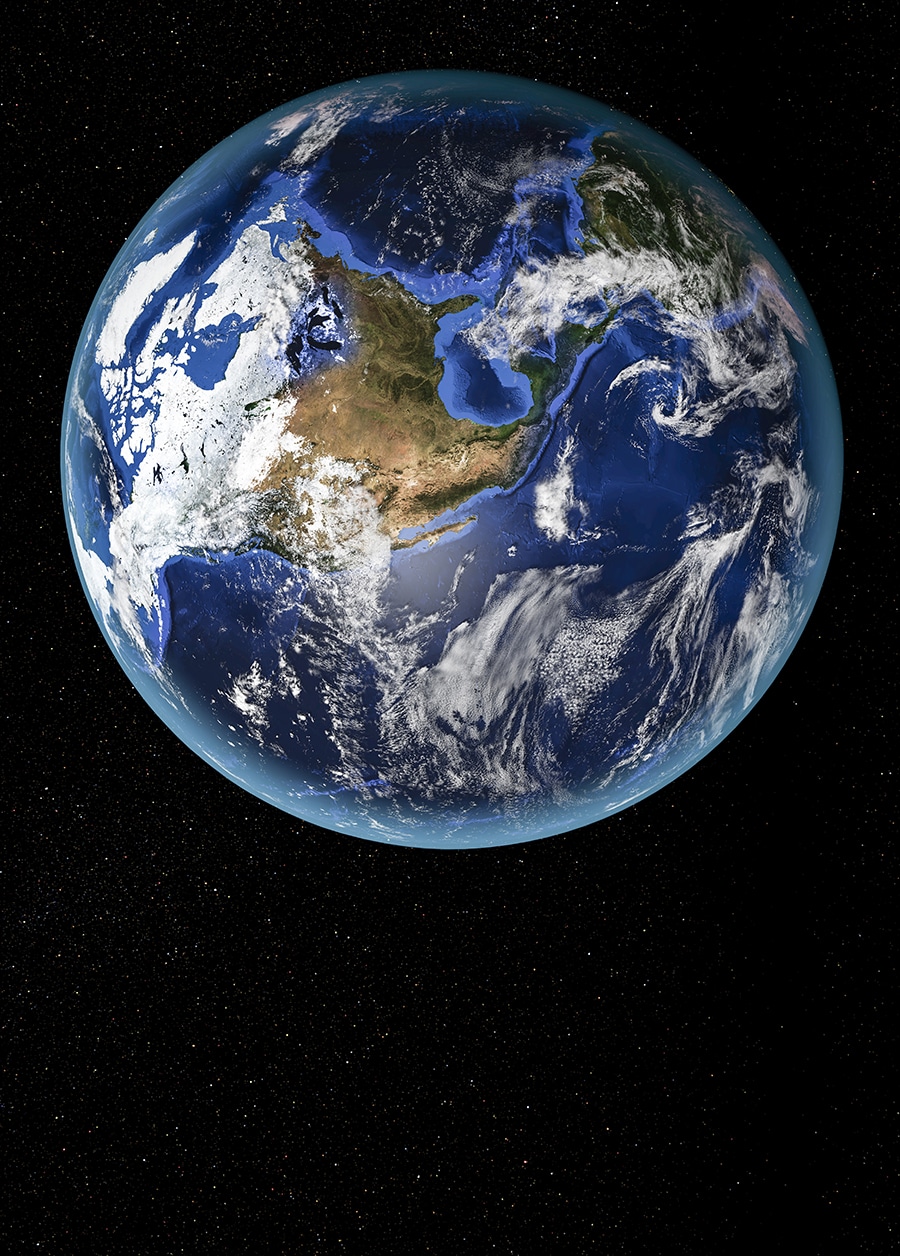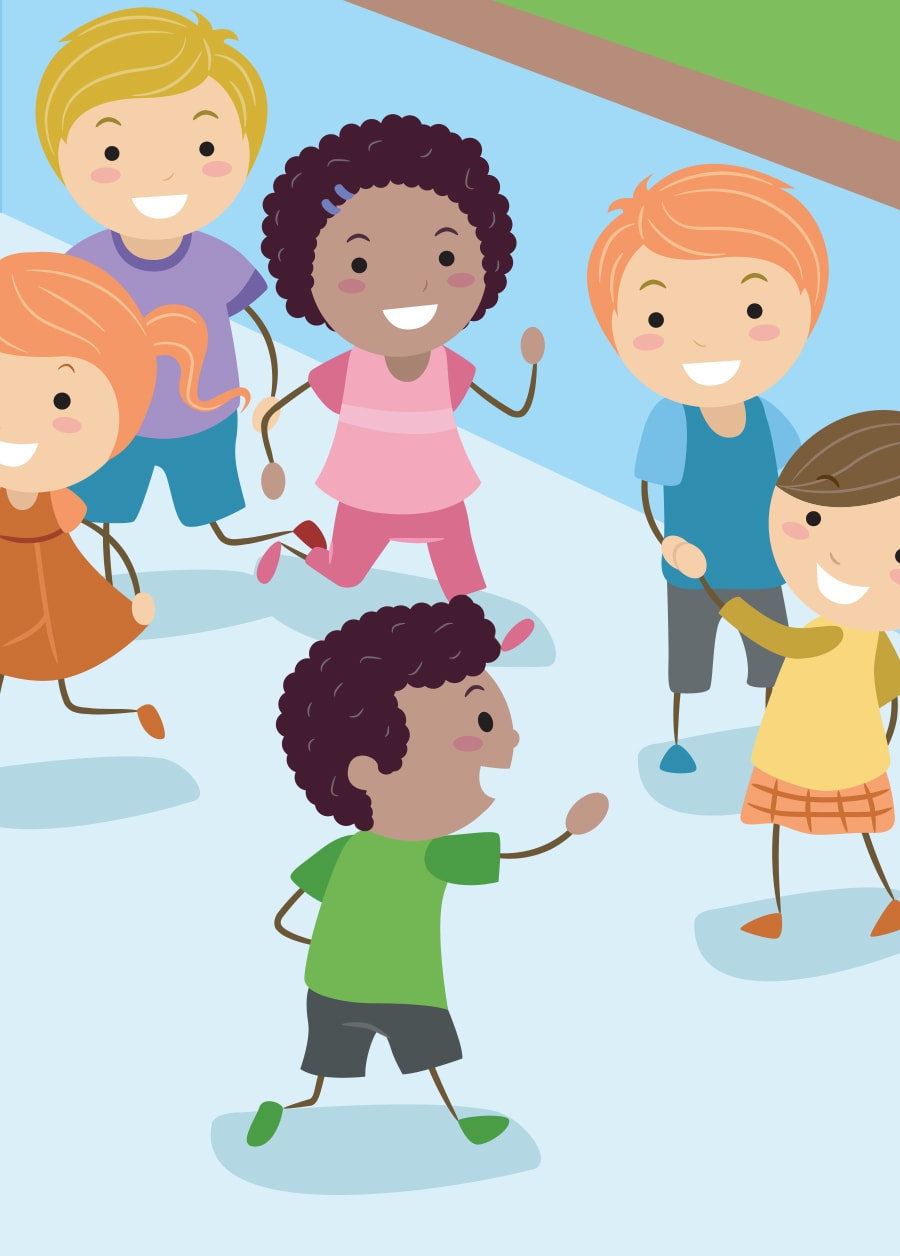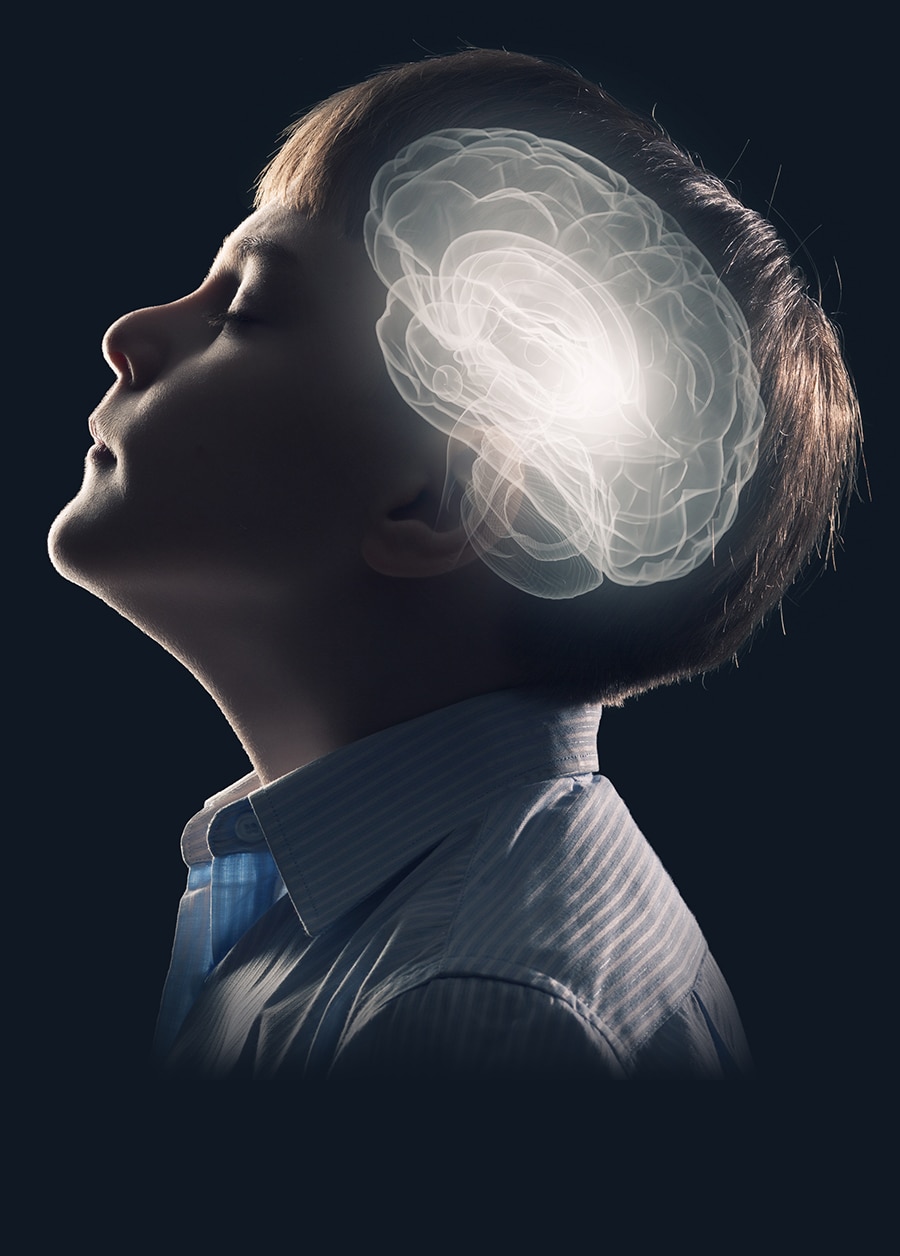Special Awareness Days
April 7th - World Health Day

Ready to Order?
If you are ready to order, please contact Customer Service:
Telephone: 1 (800) 361-6128 Fax: 1 (800) 563-9196
Introduction
In 1948, the United Nations founded the World Health Organization (WHO). It is an agency that focuses on the public health of the world at large. Over the years, the WHO has worked to eradicate diseases such as smallpox, and it also focuses on communicable diseases such as tuberculosis and AIDS.
World Health Day is celebrated every year on the anniversary of the founding of the WHO. Each year, regional, local, and international events are organized on this day related to a theme that will draw attention to a current world health issue.
Visit the World Health Day site to read about the message behind World Health Day.
Note: Although this special day is focussed primarily on physical health, it is important to remind students about social-emotional and mental health as well.

Activity Bursts
(K-2) Health, Language, The Arts
Introduce the topic of World Health Day by asking students to:
- Stand up and clap 3 times if you are happy.
- Turn around once and sit down if you brush your teeth every day.
- Stand up and stomp your feet if you wash your hands lots of times every day.
- Do a little dance if you eat vegetables and fruit every day.
- Run on the spot if you get lots of exercise
- Reach for the sky if you drink lots of water every day.
- Yell “YAHOO” if you think you are healthy.
Next ask students what they think it means to be healthy. Accept several answers. Ask students to draw their face in the middle of a piece of blank paper, and then add symbols of things they do to keep them healthy.
After sharing the pictures, discuss what everyone has done to show how they are healthy. Ask students:
- Do you think that we are lucky to be healthy?
- Do you think everyone in the world can be as healthy as us? Why?
Close by reminding students that they are very lucky to be so healthy, as not everyone in the world has clean water, nutritious food, or clean and safe places to play.

(3-5) Health, Language, Humanitarianism
Ask students:
- Do you consider yourself to be healthy? How do you know?
- What do you think “healthy” means?
- Do you think everybody in the world has the opportunity to be as healthy as you? Discuss.
Watch the video "Water Walk" by the non-profit organization "WaterAid."
After viewing, ask:
- How did you feel when you watched this video?
- Can you imagine what it must be like for children your age (mostly girls) who have to walk all day to get water for their families? What hardships could they face along the way? Discuss.
Explain that they are going to get an opportunity to share how lucky they are to have access to clean water and affordable health care. Ask each student to write a letter to the local newspaper explaining what they have learned as part of World Health Day and why they feel fortunate to live in Canada.
* Remind them to protect their privacy by signing only their first name (or alias and age) e.g. Ruth, age 8
Share some of the letters and send them off to the local paper.
Note: Depending on your students’ writing skills, you can prepare a form letter with the background information or guide students through an appropriate writing process.
(6-8) Language, Health, Research, Humanitarianism
Engage in a group discussion about what it means to be healthy (this could also be done as a group activity with brainstorming or word maps). Discuss what resources are needed to be healthy (e.g., water, nutrition, shelter, medicine).
Expand the discussion through questions such as:
- Do you think everyone in the world has the resources to be healthy?
- How do you think people survive without these resources?
- How could young people like you make a difference for the people in the world who do not have access to clean water, nutritious food, and healthy communities?
Explain that there are a lot of people in Canada and other parts of the world that donate their time, money, resources and ideas to help others less fortunate.
Watch the YouTube story about a young Canadian boy, Ryan Hreljac, who made a huge difference in the lives of people who were less fortunate.
When Passion Meets Vision: The Ryan Hreljac Story
After viewing, ask students to brainstorm ways that they could make a difference in the health of others (e.g., raise money for the Ryan’s Well Foundation; grow a garden of fresh vegetables for your community soup kitchen) Vote on the most practical ideas and make it happen!
Note: You may wish to explore the efforts of other Canadians who have made a huge contribution to the world. You could examine Terry Fox and his Marathon of Hope, or maybe even someone in your own school or community!






